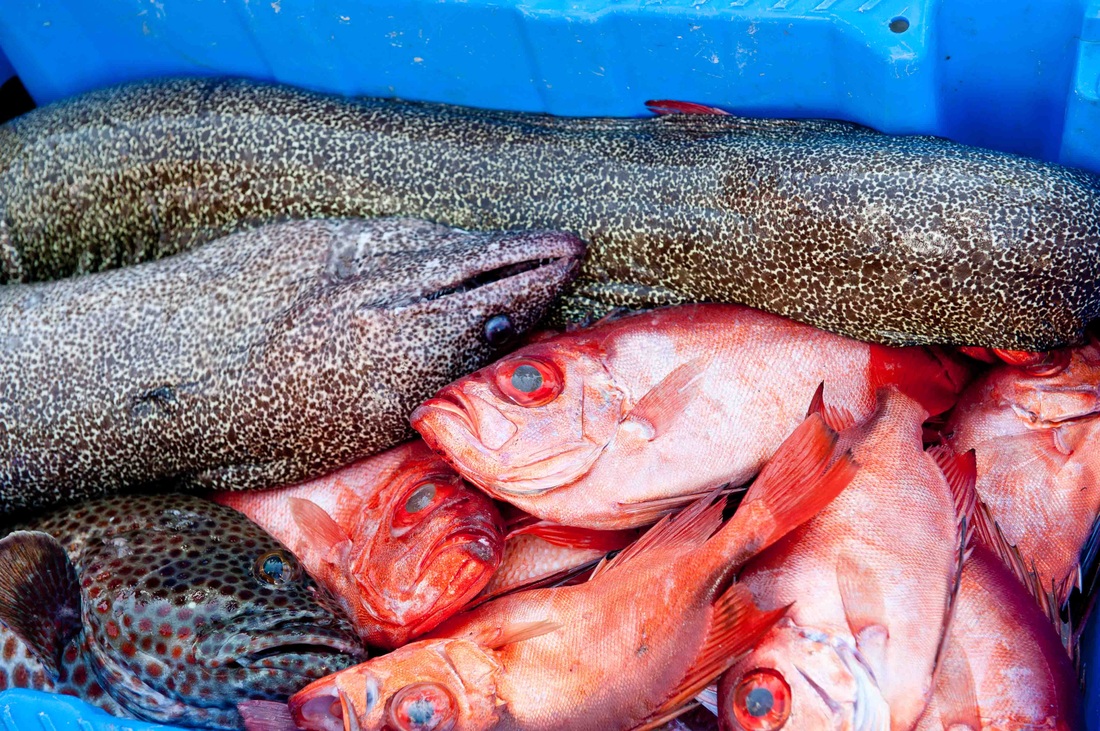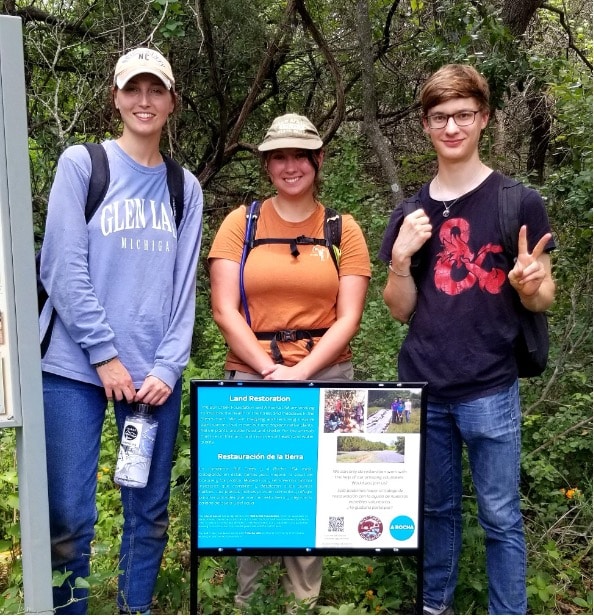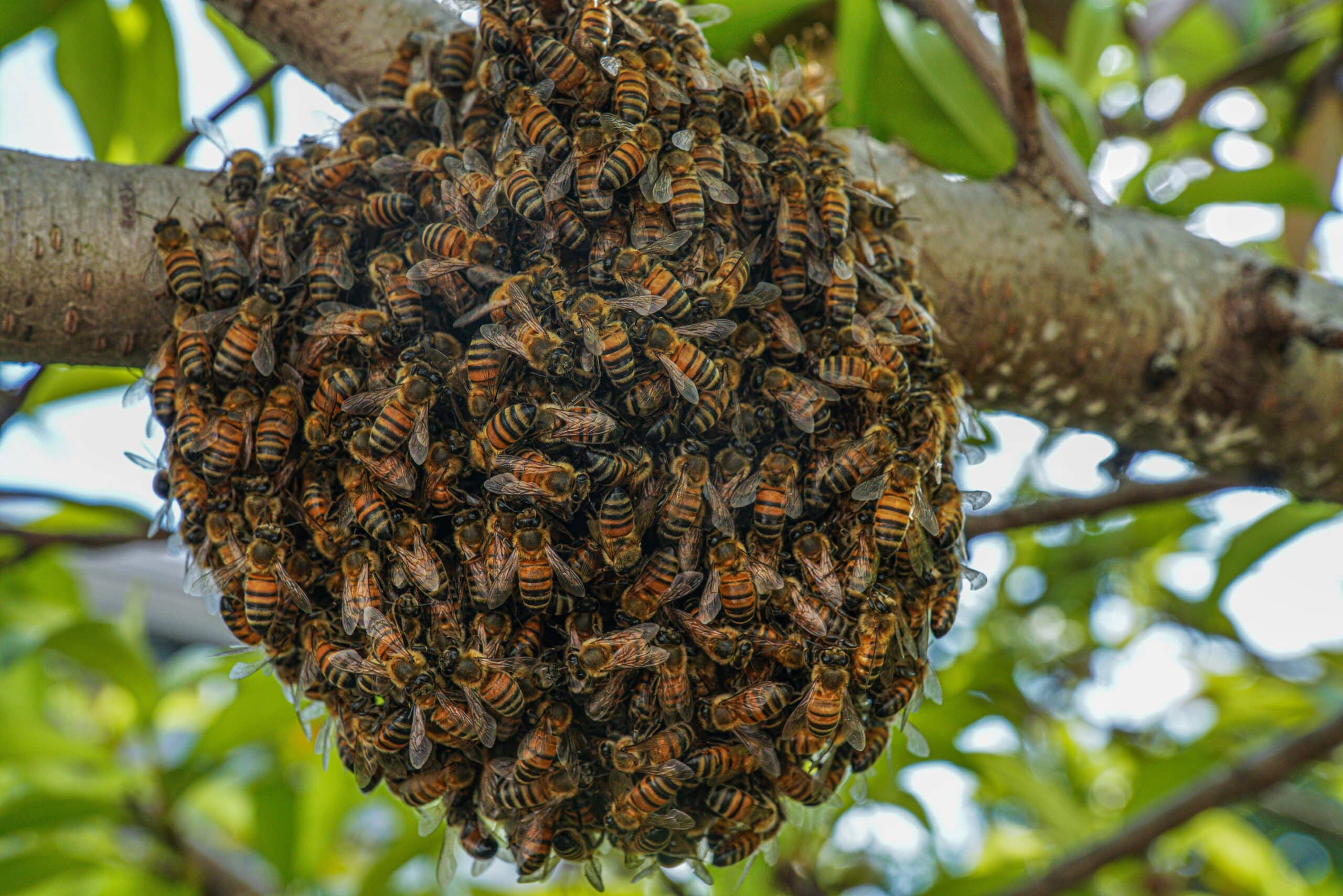Fishing for funds – are there any rules?
As Barbara Mearns wrote recently, it is funny what people say when you tell them you work in conservation. Their reactions are very varied, depending on how you describe it. But if you say you work for a charity (true), surprisingly often people think you are going to ask them for money (false). So as we charity workers actually depend upon people’s generosity, is there a good way to go fishing?

Fish catch © Gillian Moore
Whenever I want to find a good way to do anything I tend to look at how Jesus went at it. He wasn’t above asking for things. For example, he asked his disciples to ask a friend for a donkey to mount his impromptu march into Jerusalem. No donkey, no march, and yet he got one. Two thousand years later we are still talking about it – now that’s a sustainable output! And he had clear views about how we give (quietly, anonymously, sacrificially) as the attitude, and not the amount, counts most to God. We hear rather less about good asking, perhaps because in the context of a generous Middle Eastern culture there was less need to stress the point. So I am going back to a metaphor Jesus gave, because by extrapolation we can see that good asking is all about how we who ask see those who give, and that God is the final giver of all good things. Fundraising is ultimately less about our own ideas of what we need and more about understanding better what God wants to provide for.
So here is the metaphor: the disciples’ fishing expedition, recorded in John chapter 21. They had fallen back on old habits because The Project seemed to have failed. Jesus had been executed, it was all over, and so it was back to making life happen in the old ways by going night-fishing. And needless to say, it wasn’t working very well. Empty nets are typically the result every time that we embark on projects without really having tried to understand how they might fit into God’s world and his ways. As well as lost sleep. What got them back on track was being prepared to fish according to the new resurrection ways of just doing it as Jesus directed. They were the fishing experts, but they knew he knows best so just throw the net where he says.
All these years later it doesn’t matter how many fish perhaps, although John in his precise fashion does say 153 large ones… and I am reassured because the first thing I do when we get a grant in dollars or euros or reais is to head for www.xe.com. That tells me just how many weeks it will keep one of my A Rocha friends working, or how many trees can go in the ground, or…
But what matters is that the disciples recognized who knew how to fish and where. And I reckon that is the lifelong quest of the good asker or the good fisher-person. Which is why charity manipulation, charity hounding, charity demanding and guilt games are a terrible blemish on the good and godly work of charity fundraising. I fear many of the charity requests that hit my own mat are, on a close reading, fundamentally dishonest. We do all have to have a boat and some good nets (they didn’t break even with 153 large fish in them). Here I pay tribute to all those who sew the A Rocha nets so we can provide great accounting, painstaking log-frames to justify the outputs, clarity about why every cent will be needed, and those who put in all the craft that lies behind a good ask. You know who you are! But once those essential conditions are established, we all put our faith in the great fisherman. So here’s to the abolition of rules about what technique will work in fundraising and to the next Jesus-provided fish feast on a beach some place!
We are happy for our blogs to be used by third parties on condition that the author is cited and A Rocha International, arocha.org, is credited as the original source. We would be grateful if you could let us know if you have used our material, by emailing [email protected].



